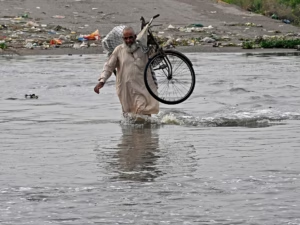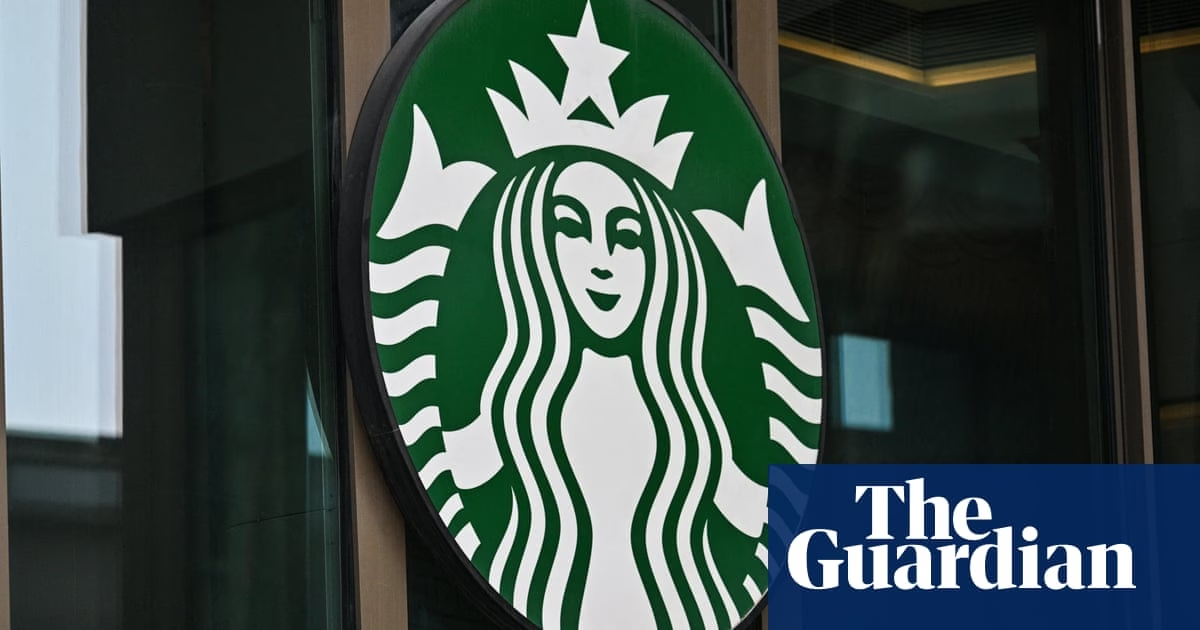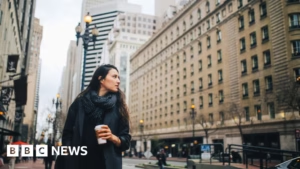“John” was mere days from his 16th birthday when he was reportedly recruited to work on a Brazilian coffee farm that supplies the global coffeehouse chain Starbucks.
Following his birthday, John endured a 16-hour bus journey to the farm in Minas Gerais, only to discover that none of the promises made to him would be fulfilled.
Working without pay and lacking protective equipment, such as boots and gloves, he labored under the scorching sun from 5:30 am to 6 pm with just a 20-minute lunch break, until he was rescued by Brazilian authorities in June 2024 during a raid.
The official report from the operation concluded that John had been subjected to “child labor in hazardous conditions” and was trafficked and subjected to slavery-like conditions, along with other workers.
This week, John and seven other Brazilian workers, all identified as John Doe 1-8 for fear of retaliation, filed a civil lawsuit in the US against Starbucks with the support of International Rights Advocates (IRA), seeking financial compensation for the harm they claim to have suffered.
On Thursday, the NGO Coffee Watch also filed a complaint with US Customs and Border Protection (CBP) aimed at excluding coffee and coffee products produced “wholly or in part” with forced labor in Brazil from being imported by Starbucks and major companies like Nestlé, Jacobs Douwe Egberts, Dunkin’, Illy, and McDonald’s.
The complaint cites examples of various operations by Brazilian authorities that have rescued workers in recent years and states that the cases are only the tip of the iceberg, representing widespread exploitative working conditions on coffee plantations in Brazil that are far too common.
“If we’re able to convince CBP that our case is watertight … that would be a gamechanger because thousands of people have been found in those conditions by Brazilian authorities, and clearly what has been done till now is not solving the problem,” asserted Etelle Higonnet, founder and director of Coffee Watch.
In Brazil, coffee farming is the economic sector with the highest number of workers rescued from conditions analogous to slavery – a legal category that includes factors like debt bondage, excessively long working hours, degrading accommodation and food, and lack of payment.
Brazil has been the world’s leading coffee producer since the 19th century, when production surged due to the forced labor of hundreds of thousands of enslaved Africans and Afro-Brazilians.
Today, Afro-Brazilians comprise the majority (66%) of workers rescued from slave-like conditions.
“The logic behind coffee production here is one of precarious labor that has always been imposed on Black people throughout our history,” said Jorge Ferreira dos Santos Filho, coordinator of Adere, a workers’ organization that assists authorities in identifying victims in such conditions.
“In rural areas especially, we as Black people end up falling into these situations because we have no other choice and need to put food on the table,” Santos Filho shared, noting he himself has been subjected to forced labor on at least four occasions.
All eight workers who filed the lawsuit against Starbucks live in quilombos — communities in Brazil, both rural and urban, originally founded by escaped enslaved people.
Approximately 1.3 million people reside in 8,400 quilombos across Brazil, facing conditions worse than the national average in areas like sanitation and illiteracy.
“The fact that Starbucks charges like $6 for a cup of coffee, where most of that has been harvested by forced laborers and child laborers, is really beyond a criminal act. It’s morally repugnant,” said IRA’s executive director, Terrence Collingsworth.
Both the lawsuit and the complaint allege that despite rescue operations and subsequent fines for farm owners, including potential placement on a government-maintained “dirty list” of employers linked to forced labor, Starbucks and other companies continue to import coffee from these farms.
A Starbucks spokesperson remarked: “The cornerstone of our approach to buying coffee is Coffee and Farmer Equity (Cafe) Practices, a verification program developed in collaboration with Conservation International that measures farms against economic, social, and environmental criteria to promote transparent, profitable, and sustainable coffee growing practices while safeguarding the well-being of coffee farmers and workers and their communities.”
In Brazil, subjecting workers to forced labor is punishable by up to eight years in prison; however, farm owners are rarely jailed.
“To put an end to this, we need consumers to be aware that every cup of coffee they drink, without questioning its true origin, is financing slave labor in coffee production,” advised Santos Filho. “It’s not enough to feel sympathy for the workers and claim zero tolerance for such practices if consumers continue drinking coffee without questioning its source.”
Source: https://www.theguardian.com/world/2025/apr/24/starbucks-brazil-coffee-forced-labour







